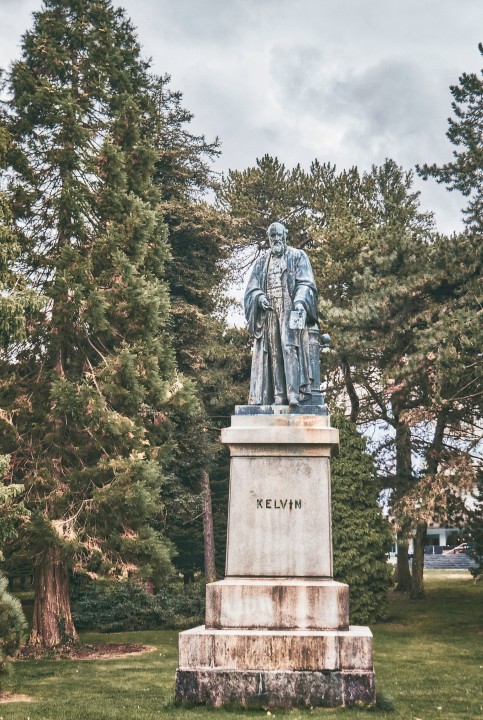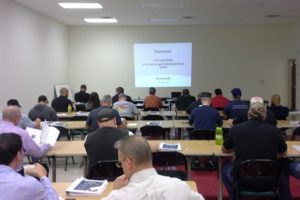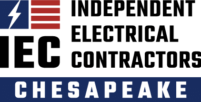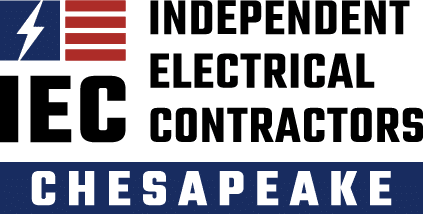Why do electricians and lighting people refer to the temperature of light as Kelvin?
The short answer- because it’s named after Lord Kelvin, a 19th century Scottish-Irish physicist who invented the international system for absolute temperature.
I know- it’s a lot…but here are some lighting Fun Facts about Kelvin, or lighting temperatures.

As all of you know by now…anyone? Anyone? Ferris???? Lumens are measurements of actual light, not watts. Watts are “watt you pay for” Sorry.
When LEDs stormed the public twenty years ago people became more familiar with some basic electrical terms- watts, lumens, and kelvin among them. Where does kelvin come in?
The Kelvin Scale defines the “color of light”. Here’s quick and dirty way to remember light temperatures when you’re lighting a space and home and standing confused and on the verge of tears in a home center:
As the color temperature, or Kelvin, of the lamp (light bulb), goes UP the light source looks “cooler”. The LOWER the temperature goes, the “warmer” the appearance of the source. That’s right; opposite of what you would think.
Here’s another way it is often represented. Picture a blacksmith. The smith will “forge” iron by heating, beating, and repeating. Each time that iron goes in the fire it heats up to a glow that ranges from yellow orange-to orange-to blue/white. The blue indicates the highest temperature, the hottest it will get, but the color is “blue”, not red.
So too with lighting. Using the Kelvin Scale in lighting, if I am specifying in a 2000-3000 range I am using a very “warm” light source. We used to express 3000K to the end user as a “sunny day” appearance.
If I were specifying a 5500-6500 range, I would like be placing the source in an industrial setting, perhaps where a very specific task is being performed.
Higher temperature number, “colder light”. Lower temperature number, “warmer light”.
At home, 3000 Kelvin is comfortable. Warmer temperatures spec’d where we want people to feel comfortable.
At a convenience store? Perhaps the 4000-5000 range. We want you to get in and get out.
So, now you know a little something about an electrical industry guru, Lord Kelvin, and just one of his contributions to your world!
#lightingisfun #wattasmartindustry
Jenny Boone, IECC VP of Business Development and former lighting specifier…
Visit us: https://www.iecchesapeake.com/













